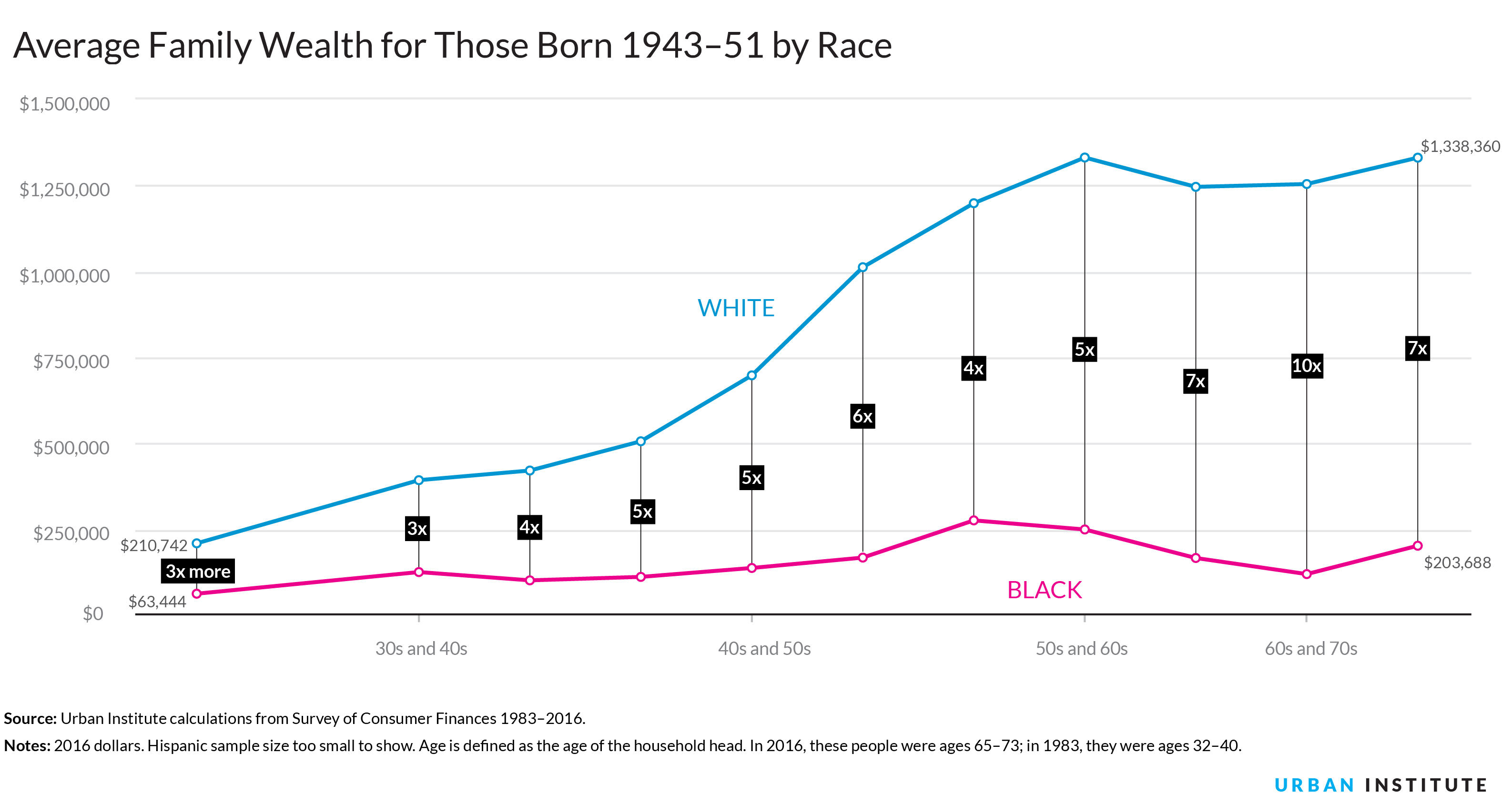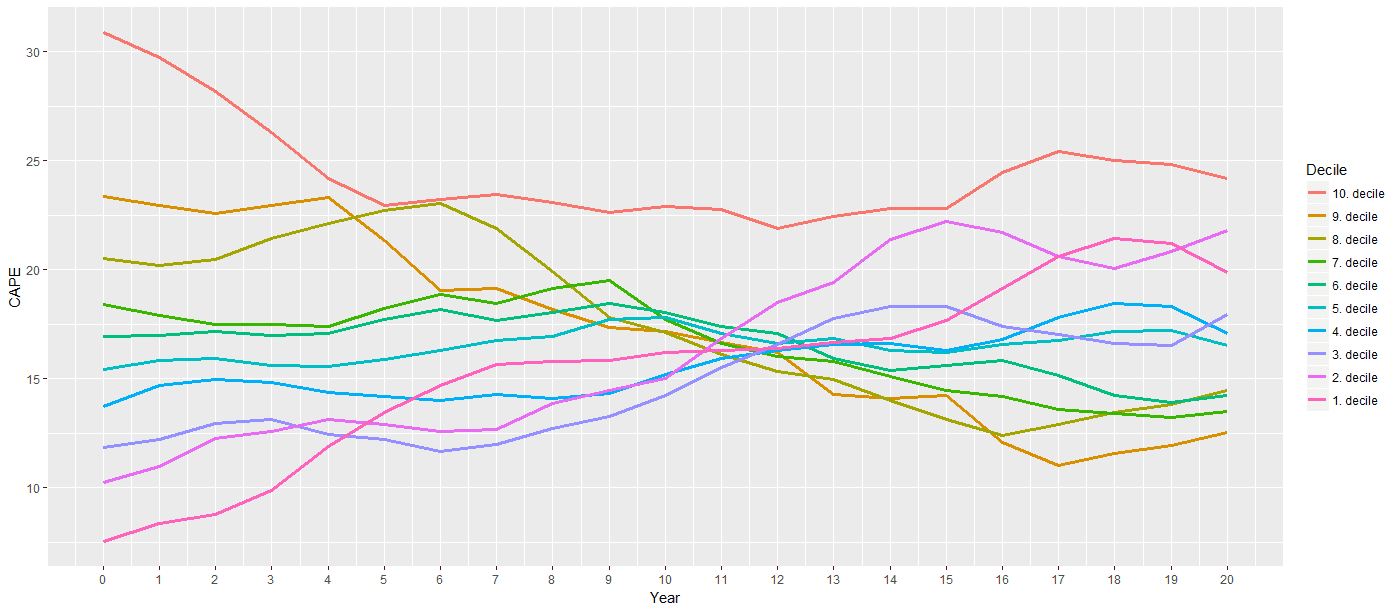Mayotte's French History: Examining Persistent Inequality

Table of Contents
The Early Years of French Influence and Colonization
Pre-colonial Mayotte: A Society in Transition
Before French influence, Mayotte was characterized by a diverse societal structure and power dynamics. The island's history is marked by the presence of various sultanates and chiefdoms, each with its own distinct political and economic systems.
- Traditional political systems: The island was comprised of independent sultanates and smaller chiefdoms, often competing for resources and influence. Power structures were largely based on kinship and lineage.
- Economic activities: The economy primarily relied on agriculture, fishing, and trade with neighboring islands and countries, including Madagascar and the Comoros. These activities were deeply intertwined with the social and political landscape.
- Social hierarchies: A hierarchical social structure existed, with chiefs and elites holding considerable power and influence over the general population.
The Rise of French Colonial Power: A Gradual Conquest
French colonization of Mayotte unfolded gradually, beginning in the late 19th century. It wasn't a swift conquest, but rather a process involving treaties, alliances, and, at times, armed conflict.
- Key dates: The French presence began expanding in the late 1800s, with formal annexation occurring over time. Key dates include the signing of various treaties and the suppression of local resistance movements.
- Treaties and agreements: Strategic treaties and agreements with local rulers were instrumental in the expansion of French control, often leveraging existing rivalries between different sultanates.
- Significant events: Resistance movements emerged throughout the period of colonization, indicating opposition to French rule and attempts to maintain local autonomy.
- Resistance movements: These movements often faced suppression, leading to significant changes in the socio-political dynamics of the island.
The Impact of Colonial Administration: Reshaping Mayotte
French colonial administration significantly altered Mayotte's social and economic fabric. The introduction of new systems often disrupted traditional ways of life.
- Changes to land ownership: The French introduced new land tenure systems, often leading to disputes and the dispossession of traditional landowners. This shift continues to impact land ownership patterns today.
- Introduction of new economic systems: The French implemented a cash-based economy, replacing traditional barter systems, leading to new forms of economic dependence.
- Impact on local governance: Traditional governance structures were largely replaced by French administrative systems, undermining traditional authority and power structures.
The Path to Overseas Department Status: A Referendum and its Aftermath
The Referendum and its Implications: A Choice with Consequences
In 2009, a referendum was held in Mayotte on its future status. The overwhelming vote in favor of becoming an overseas department of France signified a major shift in the island’s political landscape.
- Reasons for and against department status: Arguments for department status often centered around the promise of improved access to French resources and infrastructure. Opposition focused on concerns about the erosion of local culture and identity.
- Participation rates: The high voter turnout demonstrated the significance of the decision for Mayotte's population, even with divisions in opinions.
- International reactions: The referendum and subsequent integration into France prompted diverse reactions from regional and international actors, particularly from the Comoros.
The Legal and Administrative Changes: Integration into France
The transition to overseas department status brought about significant legal and administrative changes.
- Changes in citizenship: Mayotte residents gained French citizenship, granting them various rights and responsibilities within the French Republic.
- Administrative structures: The island's administrative framework was aligned with that of mainland France, leading to the establishment of new government structures.
- Economic policies: The economic integration involved the implementation of French economic policies, impacting the island's trade and development strategies.
Integration Challenges and Persistent Disparities: A Complex Reality
Despite the transition, significant challenges remain in integrating Mayotte fully into the French system.
- Access to healthcare: Disparities in access to quality healthcare persist, particularly in rural areas, despite efforts to improve the system.
- Education: While educational opportunities have expanded, challenges remain in ensuring equal access to quality education for all, particularly in the context of the high population density.
- Employment: Unemployment rates remain high, particularly among the younger generation.
- Infrastructural disparities: Significant infrastructural disparities persist between urban and rural areas, impacting access to basic services.
The Legacy of Inequality: Social and Economic Disparities
Socio-economic Stratification: A Deep-Rooted Issue
Mayotte continues to face significant socio-economic inequalities.
- Income disparities: A large gap exists between the wealthy and the poor, leading to social stratification and limited opportunities for many.
- Poverty rates: Poverty rates remain high, affecting a significant portion of the population, particularly those living in the less developed areas.
- Access to resources: Unequal access to resources such as water, electricity, and healthcare contributes to socio-economic disparities.
- Education levels: Educational attainment varies considerably, influencing employment opportunities and overall social mobility.
The Comorian Migrant Issue: A Complex Humanitarian Challenge
The influx of Comorian migrants poses significant challenges to Mayotte's social and economic structures.
- Reasons for migration: Poverty and lack of opportunities in the Comoros are major drivers of migration to Mayotte, seeking better living conditions.
- Impact on employment: The high number of migrants has placed a strain on the local job market, leading to competition for limited resources.
- Impact on healthcare: The increased population puts a burden on Mayotte's healthcare system, leading to overcrowding and potential resource shortages.
- Impact on infrastructure: The influx of migrants strains the island's already limited infrastructure, impacting housing, water, and sanitation systems.
The Role of French Policies: Assessing Effectiveness
French policies designed to address inequalities in Mayotte have had varying degrees of success.
- Government initiatives: Various government programs focus on improving education, healthcare, and infrastructure, but their impact is often limited.
- Funding allocation: The allocation of funds to Mayotte is a subject of ongoing debate, with concerns about the effectiveness and equitable distribution of resources.
- Impact assessments: Comprehensive impact assessments of existing policies are crucial to measure their effectiveness and to inform future strategies for addressing persistent inequalities.
Conclusion: Addressing the Enduring Inequalities in Mayotte's French History
Mayotte's journey within the French Republic is a complex narrative of progress and persistent inequality. While departmental status brought certain benefits, the legacy of colonialism and ongoing challenges fuel considerable social and economic disparities. Understanding the intricate interplay between historical events and current policies is essential for tackling these deep-rooted problems. Further research, focused policy interventions, and increased resource allocation are vital to address the enduring inequalities that shadow Mayotte's path. Continue exploring this crucial aspect of Mayotte's French history to gain a more comprehensive understanding of its socio-political landscape. Learn more about the ongoing struggle for equality within Mayotte's French history and how you can contribute to positive change.

Featured Posts
-
 Simon Cowells Anger Ant And Dec Halt Britains Got Talent Live Show
May 05, 2025
Simon Cowells Anger Ant And Dec Halt Britains Got Talent Live Show
May 05, 2025 -
 Warren Buffett Denies Trump Tariff Support All Reports False
May 05, 2025
Warren Buffett Denies Trump Tariff Support All Reports False
May 05, 2025 -
 Britains Got Talent Teddy Magics Unexpected Exit And Simon Cowells Response
May 05, 2025
Britains Got Talent Teddy Magics Unexpected Exit And Simon Cowells Response
May 05, 2025 -
 Uncomfortable Encounters Analyzing Blake Lively And Anna Kendricks Interactions Through Body Language
May 05, 2025
Uncomfortable Encounters Analyzing Blake Lively And Anna Kendricks Interactions Through Body Language
May 05, 2025 -
 Volkanovski Vs Lopes Ufc 314 Main Event Opening Odds Analysis
May 05, 2025
Volkanovski Vs Lopes Ufc 314 Main Event Opening Odds Analysis
May 05, 2025
Latest Posts
-
 Why Current Stock Market Valuations Arent A Cause For Investor Alarm Bof A
May 31, 2025
Why Current Stock Market Valuations Arent A Cause For Investor Alarm Bof A
May 31, 2025 -
 Bof A On High Stock Market Valuations A Reason For Investor Calm
May 31, 2025
Bof A On High Stock Market Valuations A Reason For Investor Calm
May 31, 2025 -
 Bof As Reassuring View Why Stretched Stock Market Valuations Shouldnt Worry Investors
May 31, 2025
Bof As Reassuring View Why Stretched Stock Market Valuations Shouldnt Worry Investors
May 31, 2025 -
 Blackout In Spain Iberdrolas Allegations Against The Electricity Grid
May 31, 2025
Blackout In Spain Iberdrolas Allegations Against The Electricity Grid
May 31, 2025 -
 Private Credit Jobs 5 Dos And Don Ts To Help You Succeed
May 31, 2025
Private Credit Jobs 5 Dos And Don Ts To Help You Succeed
May 31, 2025
